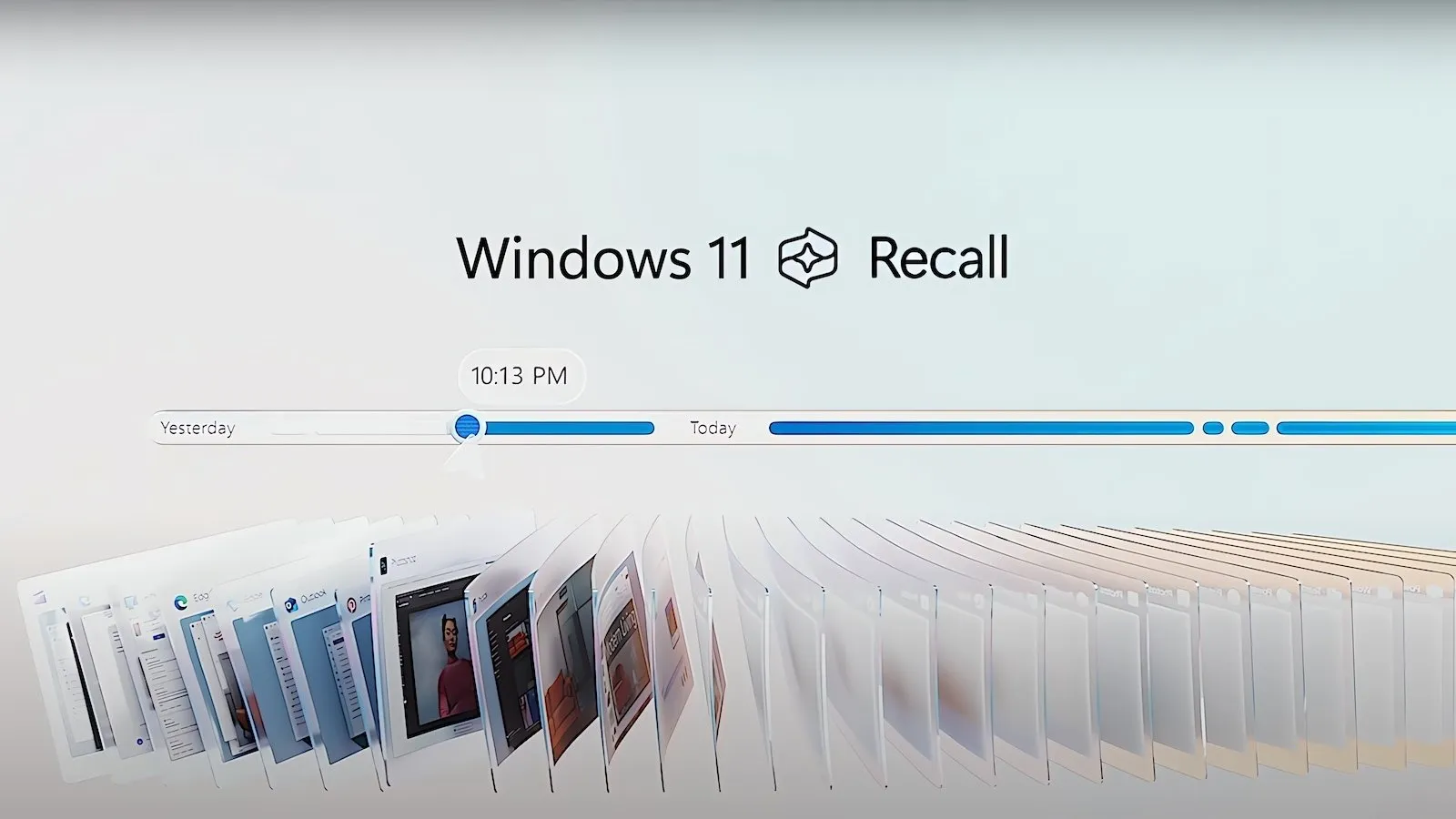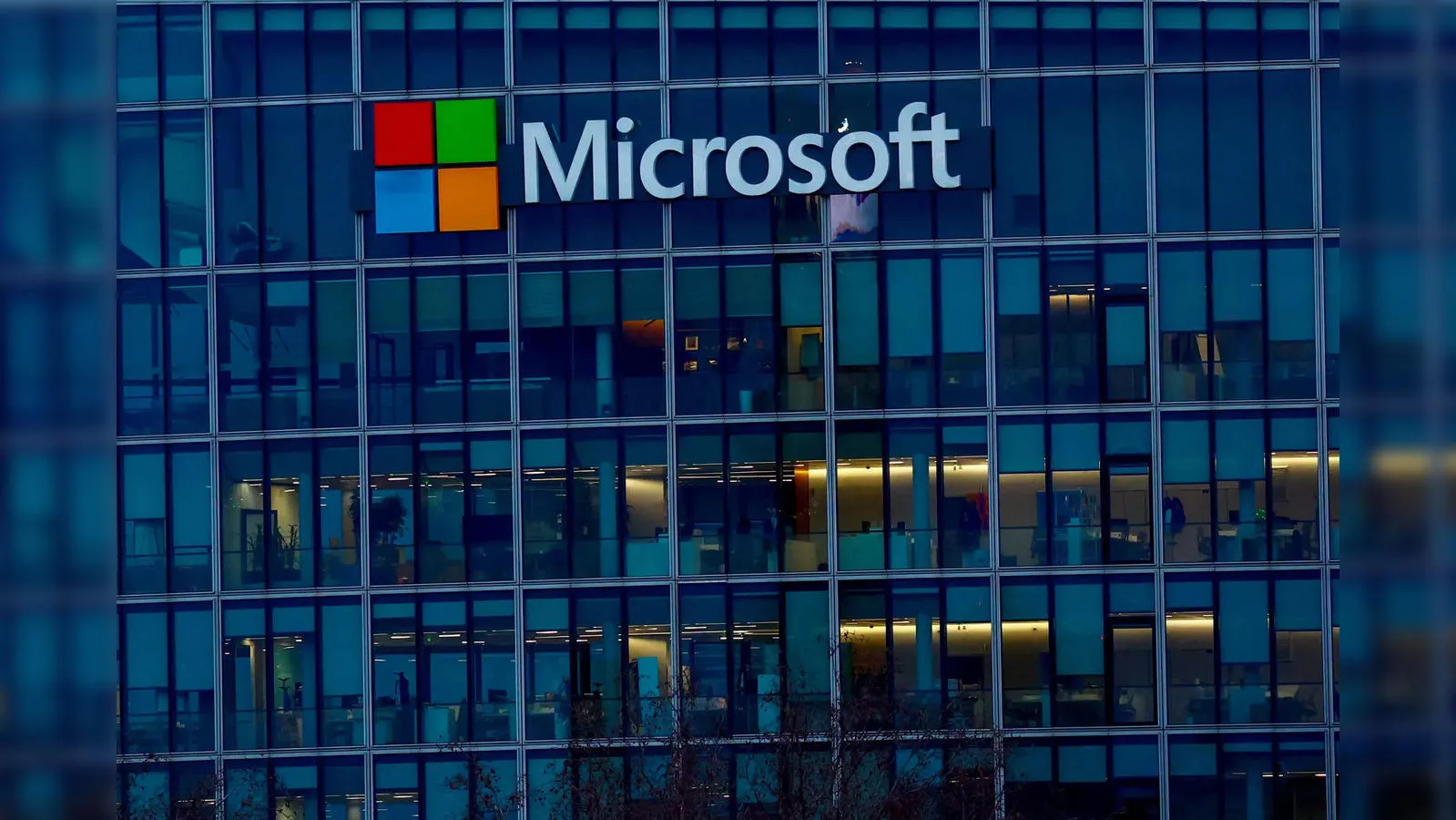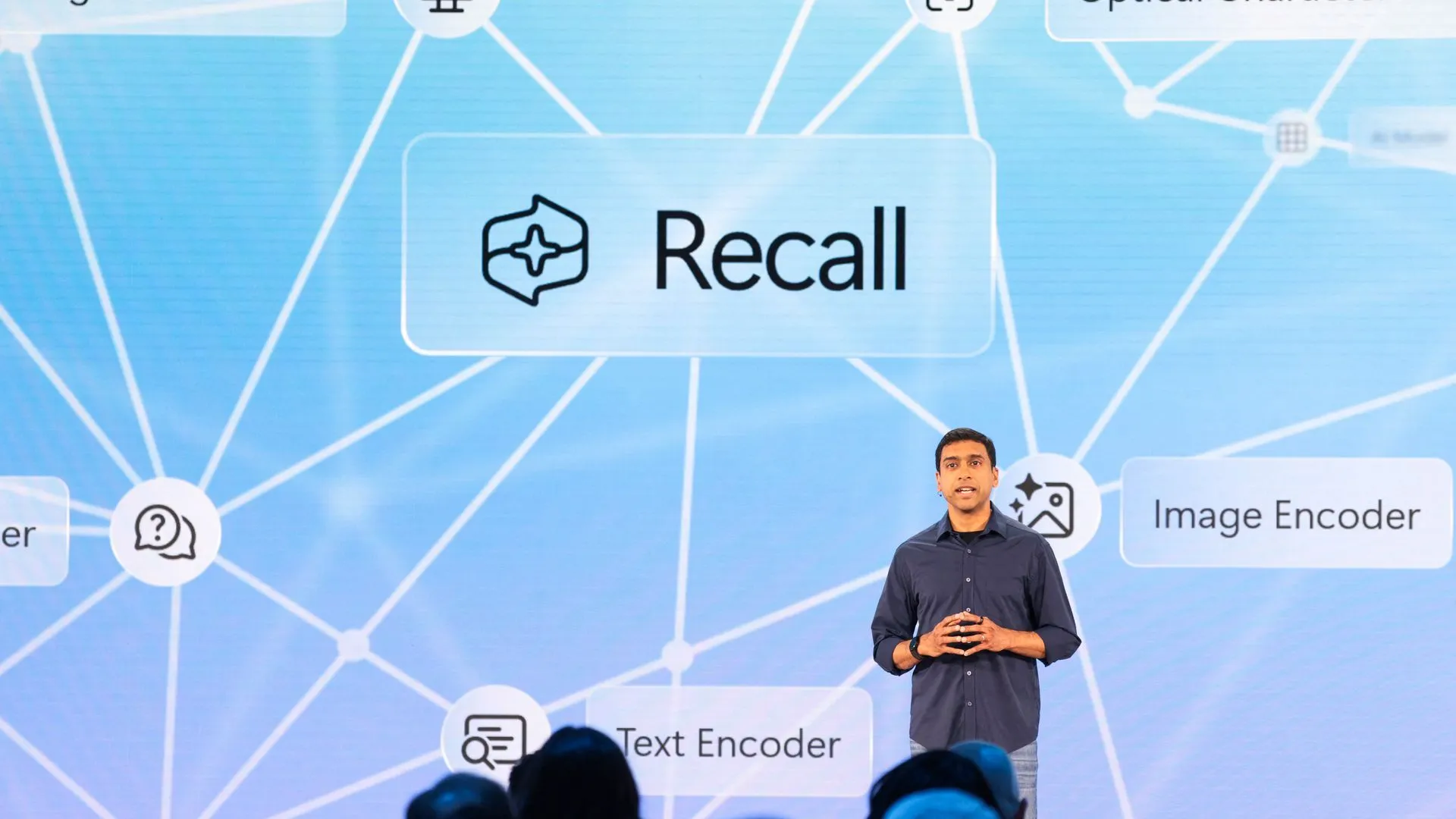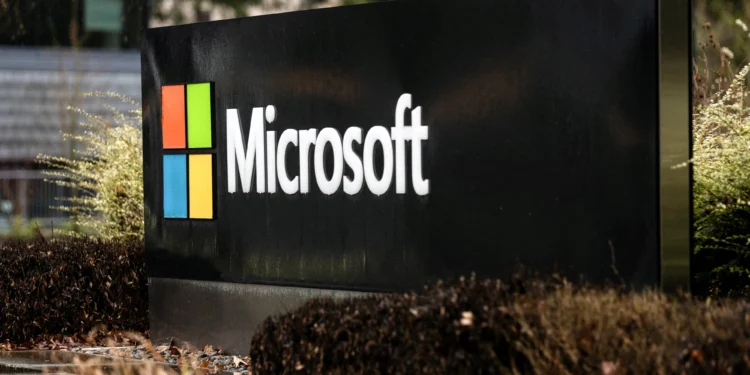Earlier this year, Microsoft introduced a groundbreaking feature for Windows 11 Copilot+ PCs, dubbed “Microsoft Recall.” This tool, initially envisioned as a digital boon with “photographic memory” capabilities, aimed to enhance user productivity by automatically screenshotting and logging on-screen content. Despite its potential, the feature faced significant delays and a temporary withdrawal due to glaring security vulnerabilities.

The Return and Ongoing Issues of Microsoft Recall
In May, Microsoft Recall made its first appearance but was quickly pulled back when security experts raised alarms over the ease of accessing AI-generated logs of screenshotted images. Microsoft’s response involved a revamped version that encrypted these logs and restricted access through a Windows Hello login, promising a more secure environment. Additionally, the system was designed to automatically detect and avoid capturing “sensitive information” such as bank details.
However, recent investigations by Avram Piltch from Tom’s Hardware highlight that these improvements might not be as foolproof as intended. Despite settings intended to filter out sensitive content, the feature was found to still capture images of documents containing credit card numbers and other personal information under certain conditions. Piltch’s tests showed mixed results; while Microsoft Recall avoided screenshotting on some payment platforms, it failed to do so in other, seemingly similar scenarios.

Microsoft has expressed its commitment to user feedback, urging users to report any overlooked sensitive content through the Feedback Hub. This indicates a recognition of the feature’s imperfect nature and a reliance on user engagement to enhance its security measures.
Microsoft’s Strategy and User Discretion
Despite these concerns, Microsoft has kept Recall as an opt-in feature, stressing that it remains in beta and is switched off by default on Insider builds. This strategy allows Microsoft to refine the tool while managing user expectations about its readiness and reliability.
The concept of a tool that constantly records one’s digital interaction is both fascinating and unnerving. As noted by The Verge, the idea that personal conversations, work, and online activities are continuously logged brings to light broader issues regarding privacy and digital surveillance.

Final Thoughts
Microsoft Recall represents a bold step towards creating a more integrated and automated digital experience. However, the journey to perfect such a feature is fraught with challenges, particularly around user privacy and data security. As Microsoft continues to fine-tune this tool, users must remain vigilant and proactive in managing their privacy settings, especially when participating in beta programs that are inherently prone to issues.









